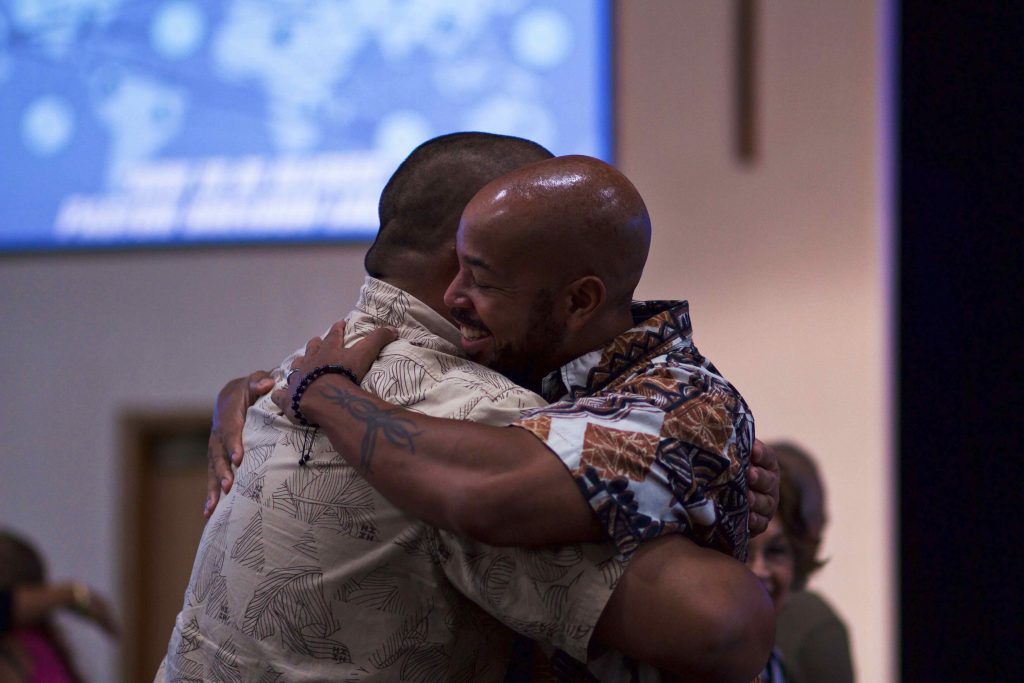
In the days Jesus walked, many judges and officers of the court were corrupt. In fact, in the land of Israel, it had been so for a long time. Over time, God had sent prophet after prophet to tell Israel that such was incompatible with His kingdom. Isaiah had cried, “Your rulers are rebels, companions of thieves; they all love bribes and chase after gifts. They do not defend the cause of the fatherless; the widow’s case does not come before them.” Jeremiah had levelled God’s charge, “Their evil deeds have no limit; they do not plead the case of the fatherless to win it, they do not defend the rights of the poor.” Micah also, “Her leaders judge for a bribe, her priests teach for a price, and her prophets tell fortunes for money.” In fact, most every prophet of God said something to Israel along these lines. It is literally an understatement to say that the judges and rulers of Israel did not have a consistent track record of honesty and righteousness in passing sentence. Moreover, in Christ’s day the government officials consisted largely of Roman aggressors and Jewish conspirators. It was poisoned through and through with corruption for personal gain.
In such an environment, someone who was being dragged to court had much to fear. For it was at least a significant probability if not a certainty that the judge and the court officials (who were appointed by the government) were dishonest. That meant that even if you were clearly in the right, if your adversary had means to bribe them, you were going to loose – and losing often meant financial bankruptcy and debtor’s prison.
It was in that environment that Jesus gave His Sermon on the Mount.
In expanding our understanding of murder, Jesus preached a dramatic escalation of the 6th commandment. He told us that while the act of murder is subject to human judgment, the unrighteous anger that leads to the act to start with is so offensive to God that even flippant comments made because of it put us in danger of the fire of hell. The Lord would rather that we delay worship than come before Him with such unrighteousness in our hearts.
So speaking of two of God’s people who do not get along, Jesus says: “Settle matters quickly with your adversary who is taking you to court. Do it while you are still with him on the way, or he may hand you over to the judge, and the judge may hand you over to the officer, and you may be thrown into prison. I tell you the truth, you will not get out until you have paid the last penny.”
Jesus deliberately uses an example that avoids mentioning why the two parties are at odds. It is almost as through exactly why someone has something against you is irrelevant. The offended party will still cry out to God for justice, and we who have offended them will be named in God’s court. Except in God’s court we cannot bribe our way out of a legal claim against us, and the outcome of God’s court is far more predictable than any human court. If the other party has a case against us that has any merit at all, He will surely rule according to what is right. That is a foregone conclusion – you can know it long before you get to the courtroom. He who is righteousness will not rule for us who are holding onto unrighteous anger. Consequently, the priority for God’s people must always be on making it right, and doing so quickly. For what does it take for one of God’s people to call to the judge? Just a moment of prayer!
God’s people must never tarry to make amends to those we have offended. Moreover, the example Jesus uses with a corrupt human court is a comparative one. And what is the comparison between us and Him? Paul wrote, “But God demonstrates his own love for us in this: While we were still sinners, Christ died for us.” If God would die for us while we were His enemies so that we might inherit eternal life, how much more should we be willing to make a sacrifice for the betterment our fellow man in this life? That is a question well worth considering every time we baulk of the cost of making it right. Amen.
Be imitators of God, therefore, as dearly loved children and live a life of love, just as Christ loved us and gave himself up for us as a fragrant offering and sacrifice to God.
The Apostle Paul (speaking in Ephesians 5:1-2)
APPLICATION: Intentionality
Do you have anything against a fellow believer? If so, how can you make it right?
If not, how can you bless someone today?



